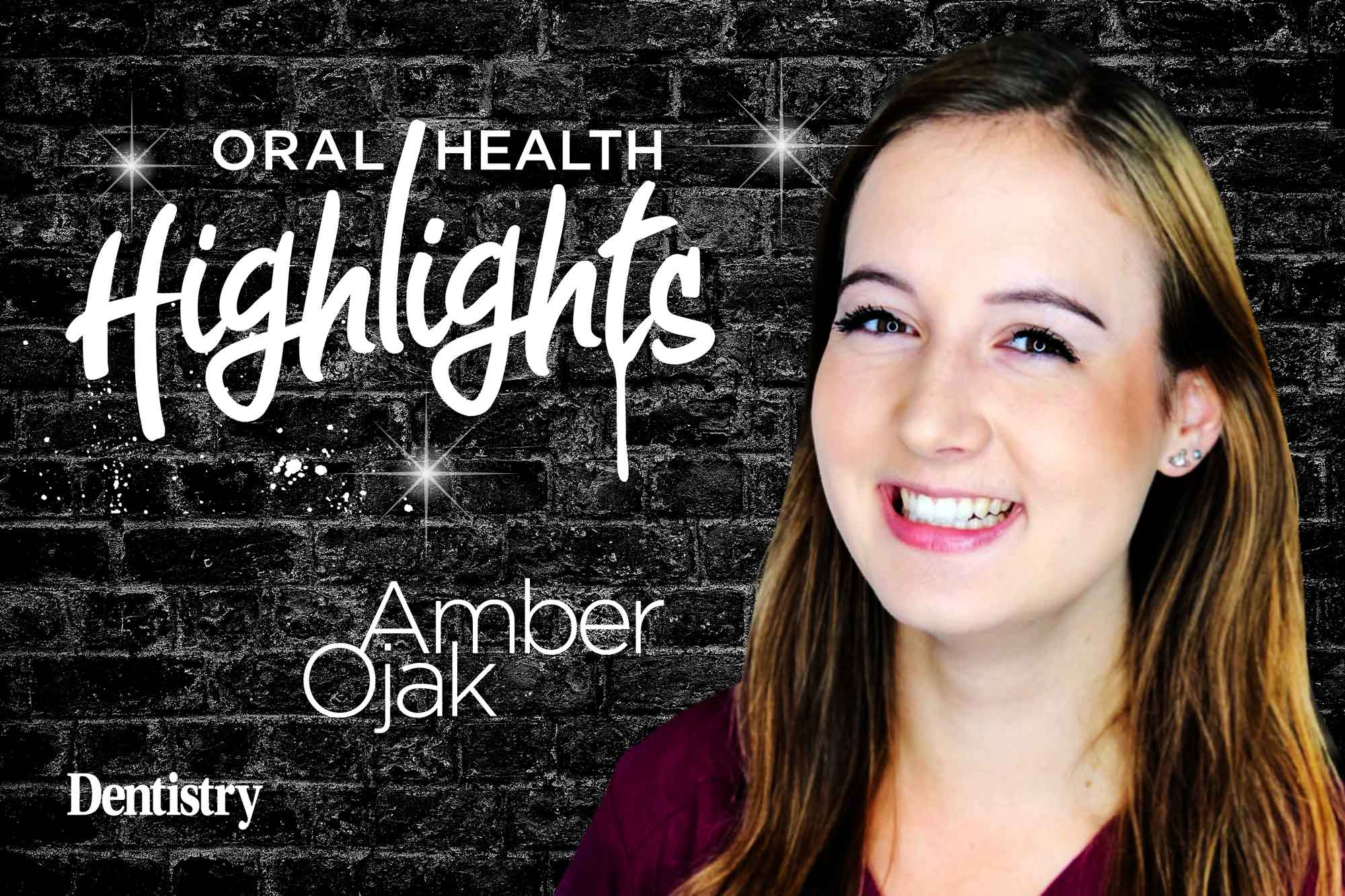 After the BBC reported that eight in 10 NHS practices aren’t taking on new children for treatment, Amber Ojak discusses the importance of schools adding oral health to their curriculum.
After the BBC reported that eight in 10 NHS practices aren’t taking on new children for treatment, Amber Ojak discusses the importance of schools adding oral health to their curriculum.
This week, the news has reported some statistics about the critical state that NHS dentistry is in, especially for children.
BBC news reported that one in 10 local authorities didn’t have any dental practices registering under 16s for NHS treatment. As well as this, 200 practices would only take on children as NHS patients if a parent signed up as a private patient.
In addition, eight in 10 NHS practices are not taking on new children for treatment.
The fact that children cannot access NHS health care without parents paying privately is shocking news.
These statements are quite alarming due to how important it is for oral health care to be instilled from a young age.
So, how can we give children the tools they need to keep on top of their oral health if they are not able to access dental care?
Oral health education
One of the best ways to do this is by adding a comprehensive oral health programme into the school curriculum.
When I was at school many years ago, we were allocated a few hours of education time on how to brush our teeth and how to have a healthy diet.
However, this programme was not in depth. If there was a whole section on oral health care in the school curriculum, it would target all children under 16.
As well as this, we could spend time addressing the importance of multiple aspects of oral health.
This is time we don’t always have in surgery.
Educating children on the following aspects of basic oral health would have an enormous benefit:
- Toothbrushes and what is advisable for different age ranges
- The use of floss and other interdental aids
- The range of toothpaste and fluoride levels for different ages
- Diet advice and how to look after the oral cavity
- Negative impacts such as smoking or drug abuse
- Mental health impacts.
Prevention
If we teach under 16s about these tools and techniques, I really believe it will help to give them access to the most important part of dentistry: prevention.
As well as this, having dental care professionals go into schools to teach this part of the curriculum would be very beneficial. This is because we would be able to use our knowledge to educate the children and answer any questions they may have.
As a dental therapist, I think it would also help to teach under 16s the role of dental hygiene appointments. This is because I find that my patient age range is mainly the over 35s.
When I have asked friends why they don’t see a dental hygienist, they say they don’t see the importance of them.
If we are able to ‘plant the seed’ and get people looking after their oral health from a young age, I really think it will put them on the right path for good oral health throughout their life.
Catch up with previous Oral Health Highlights
- Spotting skin lesions and oral cancer
- Are dental therapists the solution to the crisis?
- Keeping oral health routines even when on holiday
- Let’s talk about the tongue
- Looking at the bigger picture.
Follow Dentistry.co.uk on Instagram to keep up with all the latest dental news and trends.


